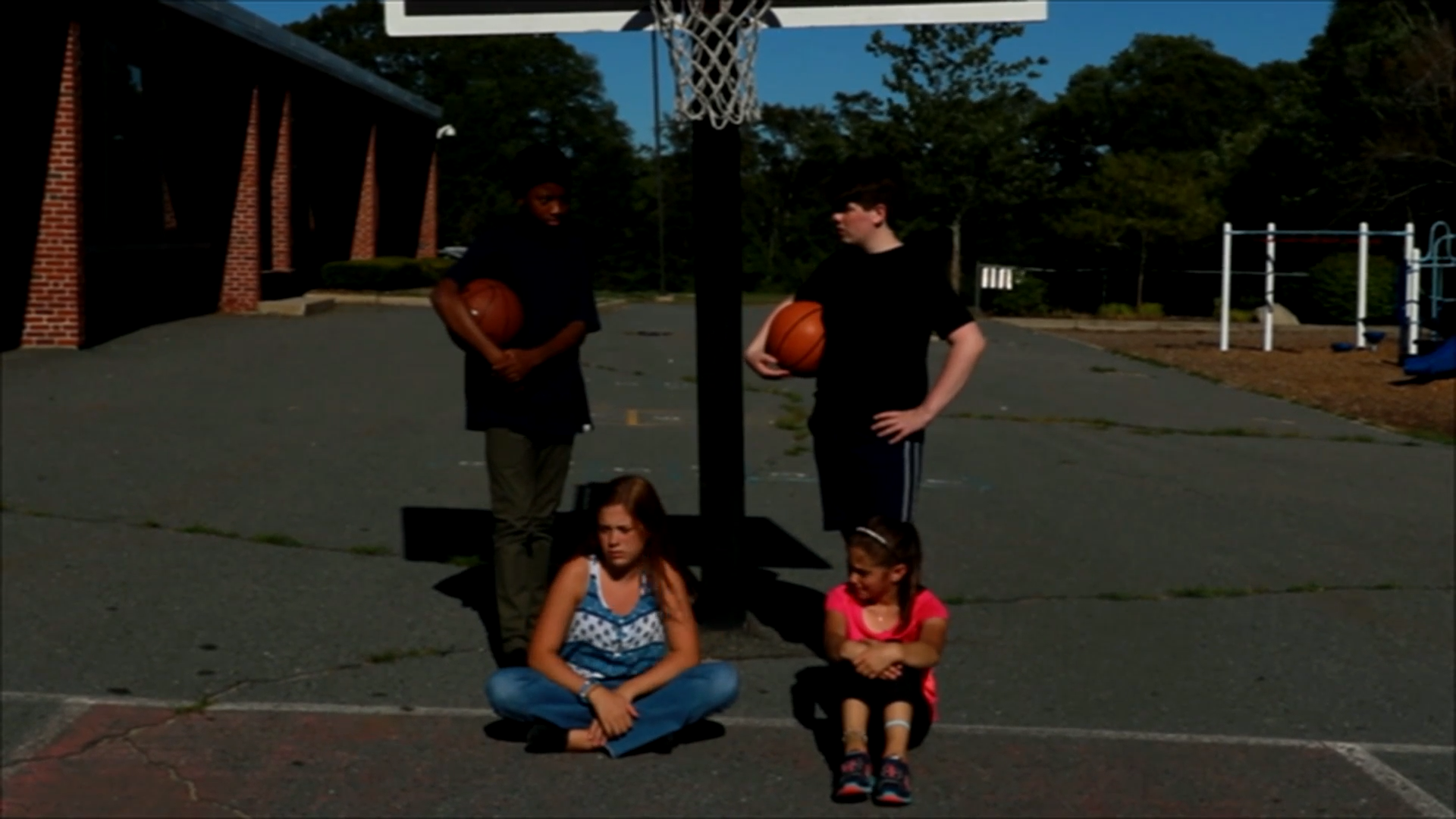
Introduction
As educators, we strive to help our students develop essential life skills. Problem-solving and cooperation are two crucial skills that can help students navigate social situations and maintain healthy relationships. In this blog post, we will explore a no-prep activity that encourages students to practice problem-solving and cooperation without the need for materials or preparation from the educator. Additionally, we will discuss related skills and provide next steps for further exploration of these important concepts.
No-Prep Activity: The Court Dilemma
This activity is designed to help students understand the importance of problem-solving and cooperation in everyday situations. The scenario provided earlier in the prompt can be used as a starting point for this activity. Here’s how to conduct the activity:
- Divide the students into small groups (3-5 students per group).
- Present the scenario to the students, asking them to imagine they are either Christine, Andrew, or other bystanders on the basketball court.
- Ask the students to discuss within their groups how they would handle the situation if they were in Christine’s or Andrew’s shoes. Encourage them to consider both problem-solving and cooperation skills.
- After a few minutes, ask each group to share their solutions with the class.
- As a class, discuss the various solutions presented and identify the key elements of problem-solving and cooperation that were demonstrated in each solution.
This activity helps students practice problem-solving and cooperation in a real-life scenario without requiring any additional materials or preparation from the educator.
Discussion Questions
- Why is it important to consider both problem-solving and cooperation when dealing with conflicts or disagreements?
- How can we ensure that we are respecting others while still standing up for ourselves in a conflict?
- What are some strategies we can use to stay calm and focused during a disagreement or conflict?
- How can considering the feelings and perspectives of others help us reach a cooperative solution?
- What are some examples of real-life situations where problem-solving and cooperation skills can be applied?
Related Skills
In addition to problem-solving and cooperation, there are several other skills that students should develop to effectively navigate social situations and maintain healthy relationships. Some of these related skills include:
- Active listening: This skill helps students understand and empathize with others, which can lead to more effective problem-solving and cooperation.
- Communication: Clear and open communication is essential for resolving conflicts and working together effectively.
- Empathy: Understanding the feelings and perspectives of others can help students develop compassionate solutions to problems.
- Conflict resolution: Learning to resolve conflicts in a healthy and respectful way is crucial for maintaining positive relationships and fostering cooperation.
Next Steps
Now that you have learned about problem-solving and cooperation skills, it’s time to take the next step in your educational journey. We encourage you to sign up for free samples of our skill-building materials to help your students develop these essential life skills and more. By incorporating these resources into your curriculum, you can provide your students with the tools they need to succeed in their social and emotional development.

